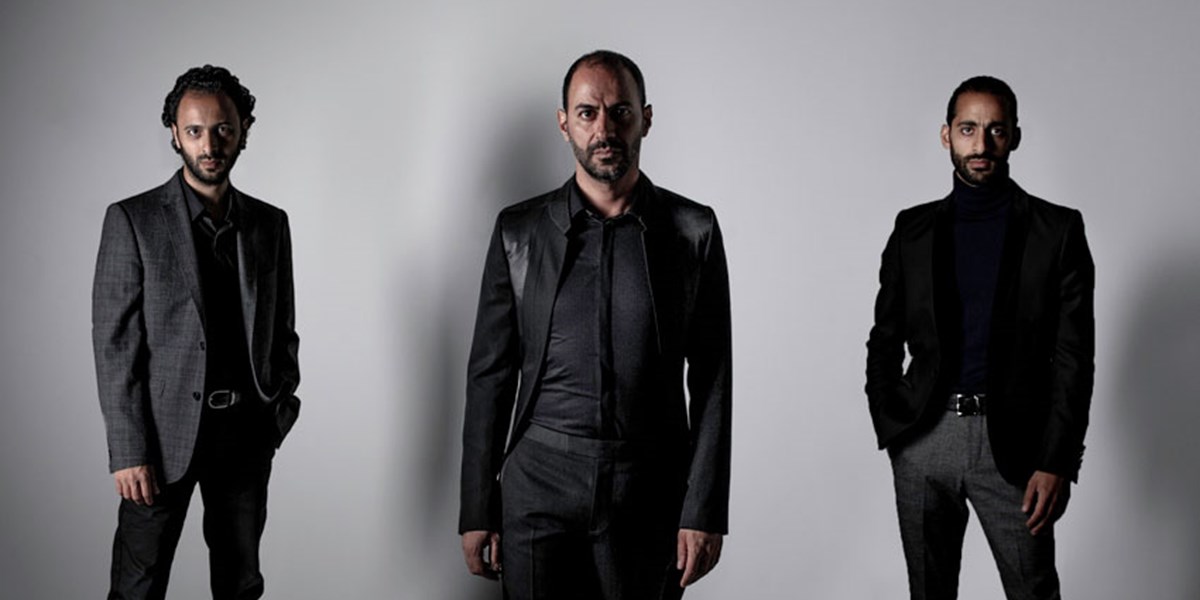Tuesday, February 26, 2019
Le Trio Joubran: by the light of the moon
By Tim Cumming
The Palestinian brothers, Le Trio Joubran, are all masterful oud players. They talk to Tim Cumming about their constant battle for self-determination

Le Trio Joubran (photo: S Lawrie)

Register now to continue reading

Thanks for visiting the Songlines website, your guide to an extraordinary world of music and culture. Sign up for a free account now to enjoy:
- Free access to 2 subscriber-only articles and album reviews every month
- Unlimited access to our news and awards pages
- Our regular email newsletters

